Are Next-Gen Synthetic Fibers the Future of Sustainable Textiles?
Modern Farmer
MARCH 1, 2024
Cheap and easy to make, it’s still the fastest-growing group of fibers used to manufacture garments. In addition, most natural fibers are grown conventionally, which often means heavy use of pesticides, synthetic fertilizers and genetically modified or treated seeds. What’s the solution? Enter next-gen synthetics.




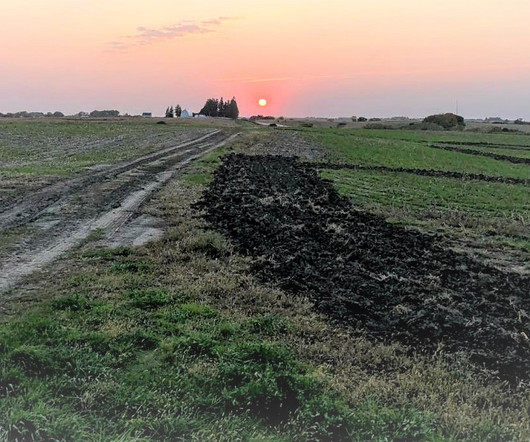
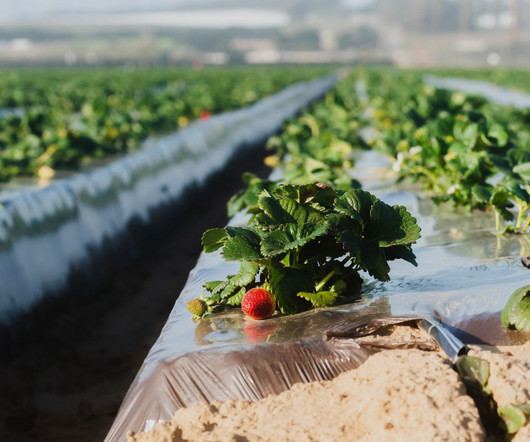
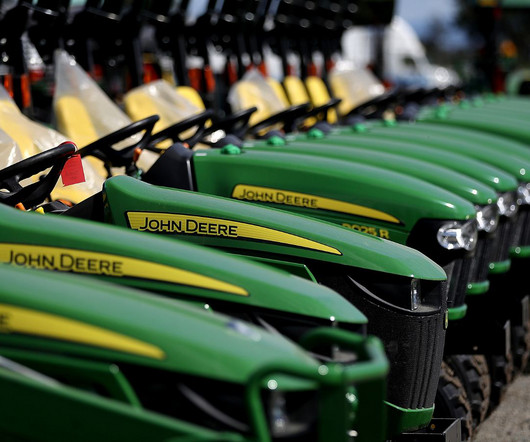
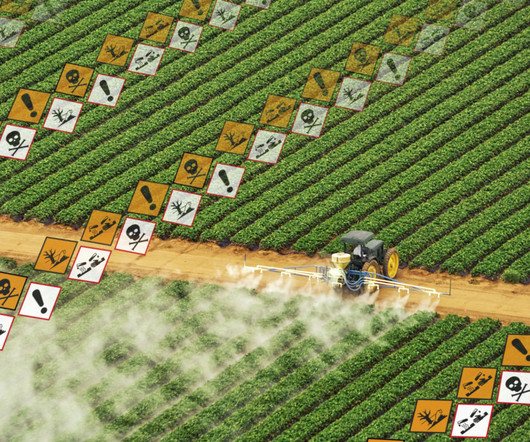
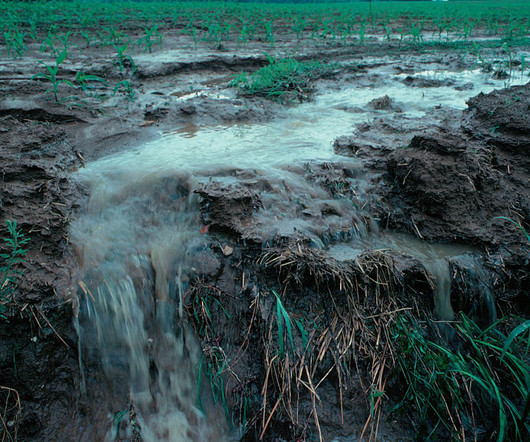

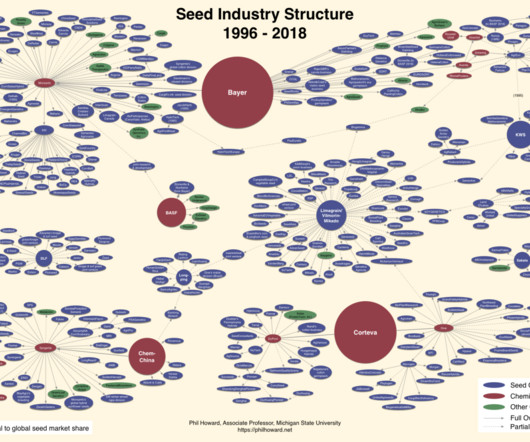
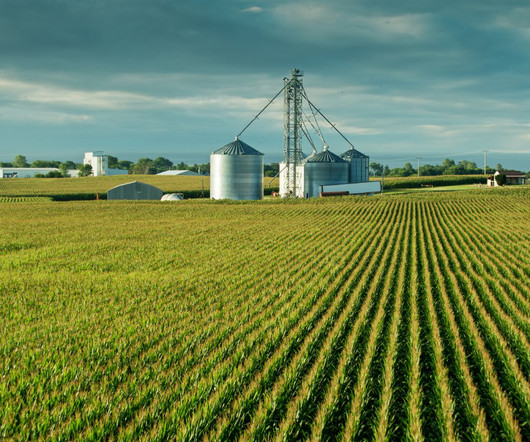






Let's personalize your content